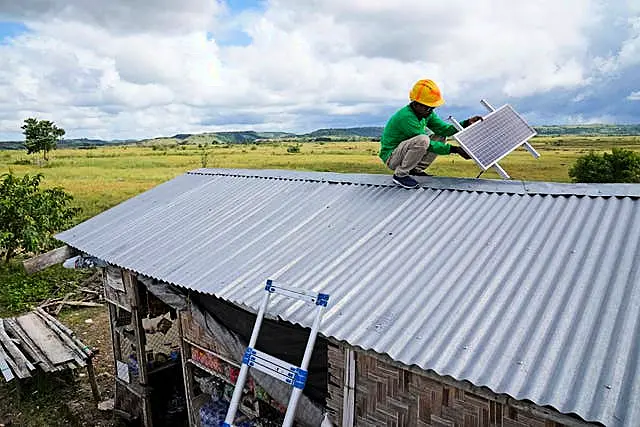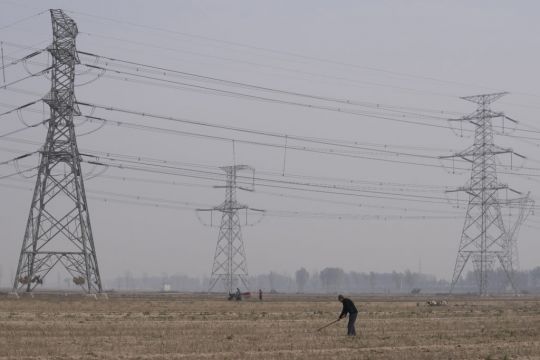Up to 2.3 billion people around the world are still using polluting fuels to cook and 675 million do not have electricity, a report released by five international organisations said.
At current rates, 660 million people are projected to be without electricity and 1.9 billion will not have clean cooking opportunities by 2030, the report said.
That is the target date to achieve a United Nations goal set in 2015 “to ensure access to affordable, reliable, sustainable and modern energy for all”.
The report by the International Energy Agency, International Renewable Energy Agency, UN Statistics Division, World Bank and World Health Organisation (WHO) said that at the halfway point toward the goal, the world is not on track to reach the energy target, which will negatively impact the health of millions and accelerate climate change.
“The energy crisis sparked by Russia’s invasion of Ukraine continues to have a profound impact on people all around the world,” International Energy Agency executive director Fatih Birol said.
“High energy prices have hit the most vulnerable hard, particularly those in developing economies.”
He said that while the transition to clean energy is happening faster than people think, a great deal of work is still needed to provide it to the billions still living without it.
According to the report, global access to electricity increased from 84% in 2010 to 91% in 2021, but the pace of growth slowed in 2019-2021, which includes the start of the Covid pandemic.

While the electrification of rural areas contributed to progress, there is still a large gap in urban areas, it said.
More than 80% of those without electricity — 567 million in 2021 — lived in sub-Saharan Africa, similar to the deficit in 2010, it said.
The report also found that up to 2.3 billion people still use polluting fuels and technologies, including firewood.
Francesco La Camera, director-general of the International Renewable Energy Agency, said: “Cost-competitive renewable energy has yet again demonstrated remarkable resilience, but the poorest in the world are still largely unable to fully benefit from it.”
According to estimates by the WHO in 2019, 3.2 million premature deaths every year were attributable to household air pollution from polluting fuels and technologies.
WHO director-general Tedros Adhanom Ghebreyesus said investing in clear and renewable solutions to achieve universal energy access “can play a crucial role in protecting the health of our most vulnerable populations”.
Guangzhe Chen, the World Bank’s vice president for infrastructure, called for urgent efforts “to ensure that the poorest and hardest-to-reach people are not left behind”.







